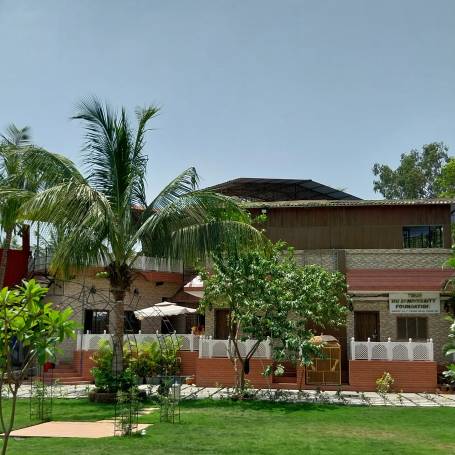Addiction is a complex issue that affects millions of people worldwide, regardless of age, gender, or background. Overcoming addiction requires a comprehensive and structured approach, often with the support of professionals and the right environment. This is where rehab centers play a crucial role. In this blog, we will explore the value of rehab centers in an addict's life and how they can aid in their journey towards recovery.
1. Safe and Supportive Environment: One of the primary benefits of a rehab center is the creation of a safe and supportive environment for individuals struggling with addiction. These centers are designed to remove addicts from their usual surroundings and temptations, providing a controlled space free from triggers and negative influences. By removing these distractions, rehab centers create a conducive atmosphere for individuals to focus on their recovery, fostering a sense of security and support.
2. Professional Guidance and Supervision: Rehabilitation centers are staffed with trained professionals who specialize in addiction treatment. They have the knowledge and experience to provide personalized support to each individual, addressing their unique needs and challenges. Through therapy, counseling, and medical care, these professionals help addicts navigate the physical, emotional, and psychological aspects of their addiction. Having experts available ensures that individuals receive proper guidance and supervision throughout their recovery process.
3. Structured Treatment Programs: Rehab centers offer structured treatment programs that are tailored to individual needs. These programs may include detoxification, individual and group therapy sessions, behavioral modification therapies, family counseling, and holistic approaches like yoga and mindfulness. The structured nature of these programs helps addicts establish routine, learn essential coping skills, and develop healthier habits that contribute to long-term recovery.
4. Peer Support: Rehab centers provide a supportive community of peers who share similar struggles. Building connections with other individuals facing similar challenges can be immensely beneficial for an addict's recovery journey. Peer support creates a sense of belonging and fosters empathy, understanding, and encouragement. The shared experiences and perspectives of fellow residents can help addicts feel less isolated and provide the motivation to continue their path towards recovery.
5. Aftercare and Relapse Prevention: Recovery is not a one-time event; it is a lifelong journey. Understanding this, rehab centers usually offer aftercare programs and resources to ensure individuals receive continued support even after completing their stay. These programs may include regular check-ins, ongoing counseling, support groups, and access to community resources. By providing these resources, rehab centers help individuals build a strong foundation for relapse prevention and the maintenance of long-term sobriety.
Conclusion: Rehabilitation centers play a crucial role in an addict's life, offering a safe, supportive, and structured environment for recovery. By providing professional guidance, personalized treatment programs, and a community of peers, rehab centers empower individuals to overcome addiction and develop the necessary skills for a healthier, more fulfilling life. With holistic approaches and ongoing support, these centers contribute significantly to the overall well-being of individuals seeking to break free from the grips of addiction.
Phone No: +91-9321763075
Website - https://thfwellness.com
Google map : https://goo.gl/maps/YvrmfzkqVzWiRYhj7



